In a recent blog I spoke about how years of chronic illness affected my decision making process around getting medical help in a crisis situation, even though I have been well for many years.
My experience with recovery has taught me that the whole decision making and action taking theme is central to creating change. But I have noticed over the years that we all have a different process and approach to making decisions and taking action.
Reflecting upon this for yourself may possibly be the most important first step in your recovery efforts!

In a recent blog I spoke about how years of chronic illness affected my decision making process around getting medical help in a crisis situation, even though I have been well for many years.
My experience with recovery has taught me that the whole decision making and action taking theme is central to creating change. But I have noticed over the years that we all have a different process and approach to making decisions and taking action.
Reflecting upon this for yourself may possibly be the most important first step in your recovery efforts!

Are you focussing on the decisions that matter?
It’s interesting how our ability to make decisions, even very important decisions, often competes with the mundane and trivial.
It’s interesting where people put their energy and time.
Let’s look at a non-health related example, just to get you thinking.
How many people do you know, that have a 401(k) or Superannuation or Pension investment that they know virtually nothing about? How many hours of research did they put into their investment choices with their plan? How many different opinions did they get? How many different questions have they asked? Yet how important is this decision to their ability to sustain their lifestyle as they get older?
How many people do you know who bought their home after only looking at a small area and at a reasonable low number of houses? Did they look at a hundred houses across 10 different areas – or did they simply look in detail at 10 or even less? We know that buying a home is probably the biggest financial decision that most people make, yet the questions we ask and the options we look are often limited.
Yet the very same people, can sometimes spend weeks before making a purchase of a car, new television or computer. Not only do they have to make sure that it’s just the right model, but they know all the options, the pros and cons of all the alternatives and they do everything to get the best deal – to “make the best purchase”.
10 hours visiting and inspecting houses, 1 hour or less their whole retirement savings verses 3 months to get just the right car or even 2 weeks to buy that new TV. Does that really make sense?
Ever seen this type of thing in anyone you know?
If you are chronically ill, you probably realise that nothing is more important than your health. It shapes every aspect of your life – your relationships, your recreation and your aspirations. I know you know this, but if you have found yourself putting your health decisions off, understanding why could be crucial.
And given what we discuss below, I hope you prioritise your decision making energy for your health matters above all else.
Making Decisions – the forces that hold you back
It’s been interesting for me to revisit this in light of my health scare earlier this year and subsequent challenges to recover (not CFS/Fibro/POTS, so don’t be too concerned 
Having had to make drastic changes to my diet, probably more drastic than during my recovery many years ago, I have really spent some time reflecting upon how we make and break our daily decisions and how we form new habits.

Success coaches have long spoken about how pain and pleasure are the primary motivators on any action we take – what pleasure will the action give us – what pain will the action help us avoid?
That may be fine with the obvious choices, but when we are chronically ill, things seem to get a little more complicated.
There are number of things I have found really impact our decision making muscle;
1.) Energy
The idea of doing anything can be hard when you are feeling low in energy. Motivation is really strongly connected to a feeling of energy. Need we say more?
2.) How many decisions we have to make
- When you decide to change a habit, you can suddenly be faced with lots of decisions. For example, if you decide to eat a healthier diet, it’s not really one decision, it’s an ongoing series of decisions.
- But if your decision takes a great deal of willpower, you will find yourself quickly tiring and often reverting to the wrong choices as willpower diminishes.
- Willpower to make good decisions is a bit like a muscle. Yes, the more you use it the stronger it gets, but there is only so much it can do in any one day.
- So the key is reducing your daily decisions, which reduces the need for daily willpower:
- If you don’t want to eat chocolate biscuits, don’t have them in the cupboard!
- If you want to eat healthy food, make it easy by having the fridge stocked with quick easy meals and snacks.
If eating well means that you have to prepare food for 20 minutes when you feeling energyless, tired and hungry, and if the alternative is a quick easy grab of a biscuit or cheesy bread roll, then I think we know the outcome as your will power diminishes.
3.) Whether we think it will actually work
- Most decisions and actions are a trade-off. Either you will have to give up money, or effort or pleasure – there is usually something we lose or trade-off for the benefit we hope to attain.
- But let’s face it, when you are chronically ill, your pleasure/contentment bank account might be pretty low. So giving up even the basic pleasures of life actually has a whole lot greater meaning than for healthy people:
- So giving up computer time or social media is much tougher when you feel isolated and lonely;
- Giving up comfort food is much harder when you can’t engage in sport or other recreation to take your mind off things.
- And so it is with most of the basic pleasures of life.
- In order to sacrifice these little pleasures, we really have to see the potential pay-off as being big enough and as having a reasonable chance of occurring. We have to be confident that making those sacrifices will actually lead to that desired outcome.
- The best way for most of us to get that confidence, is early feedback of some positive reward for our efforts, but unfortunately, with health that doesn’t always show up as quickly as we would like.
4.) Our past experience
- This really ties in closely with point 3 above, because our experience of the past influences what we believe will happen in the future. But this can gives us a negative bias, make us cynical and often hopeless (dare I say pessimistic).
- In the end, there comes a point where we have to make a choice. We have to realise that the past does not equal the future and that the only way to create a new and better future is to open ourselves up to new and better possibilities. We don’t get many guarantees in life, except perhaps that; ‘if we don’t do anything different than yesterday, we probably can’t expect a different outcome today’.
Connecting Decisions with Actions

The topic reminds of an old riddle.
Q: Five frogs are sitting on a log. One decides to jump off. How many are left?
A: Five frogs. Because one ‘decided’ to jump off – that’s all he did. There is a big difference between ‘deciding’ and ‘doing’!
The riddle says it all, right? It’s so easy to think about ‘decisions’ when it’s really about ACTIONS – actions are what change your life. Perhaps you have made some decisions without jumping also?
- Maybe you decided to find an integrative doctor to help you a few months ago, but have you met with one?
- Maybe you decided to have myofascial massage therapy for your fibromyalgia pain, but have you had the massage?
- Maybe you have thought about getting some support from a psychologist to help you cope, but have you spoken with one yet?
Decisions are only as powerful as the actions that follow them.
So when you make a decision, immediately take a step forwards to translate that decision in your head, to an action in the real world, which can materialise the benefit of that decision.
That action might be, making a phone call, ordering something online or if you are up to it, going out to get something done.
Ask yourself – could you take action right this minute? Is there REALLY any substantive reason to hold off or is a delay just that – a delay? What if you had to do this today because it was your last chance – could you find a way?
It’s easy to find reasons why we can’t move forward, but sometimes it can simply be procrastination.
Perhaps a key issue is that you simply don’t feel certain enough about your decision, so building that certainty is key, up to a level. However, other obstacles or distractions can sometimes hinder us from moving forward also:
1.) Lack of ‘something’?
Perhaps you feel you need more of something in order to take that next step, so you put it off. It may be information, more resources, or something else. But ask yourself;
- Will those ‘somethings’ show up soon?
- Do you even know what they are?
- What if this is as good as it gets in terms of information and resources to take action – how will delaying help?
Think about this way, if you have made the decision to move forward, then it’s time to act!
Consider this, if you can’t get all the things you want in order to make a decision or take that action step forward, then it simply comes down to this; either it gets done anyway, or it does not.
Either you make it happen regardless of the perceived or real obstacles, or you do nothing and accept that as your outcome. Justifying it, arguing about it or reasoning why you can’t do it right now doesn’t change the reality; it is either done, or not done.
This isn’t about blame, reasons or anything else. It’s about the fact that if we feel something needs to happen, then sometimes we have to find a way regardless of whether it is easy or reasonable.
Sometimes we have to do the unreasonable, the uncomfortable and even the ‘impossible’ to move forward. Our reasons why we can’t, no matter how valid, don’t change the reality of the situation.
Sometimes we have to step outside our comfort zone, but having said that, you should always make sure that you take all the steps to be as well informed as possible. Once you have done the best to get whatever information you are seeking, if you still don’t have it like you want, ask yourself; “Is this information really critical, can I go ahead without it?”
If you have genuine concerns about a treatment or medication, you should definitely listen to your gut and not just simply ‘push on’. However, if it is something that isn’t critical to know or have, or that you will learn in the process, then sometimes it’s best to just take the plunge! If you really get stuck weighing these things up, ask yourself what someone else would do, somebody you always makes the best decision and wins in life.
Sometimes something else is holding you back, like how you make a payment, having to fill in some forms, a bad experience in the past or something else. We often build these things up in our mind or have a resistance to doing them, but if you increase the urgency and importance of taking the action step in your mind, you can usually find your way past that resistance.
2.) Irrational rationalisation?
Also be careful about an all or nothing approach. Yes, a psychologist isn’t going to make your illness go all away magically (they are not magicians, it’s a real physical illness after all), but how would your life change if you could cope a little easier and felt a little happier? Yes, that integrative doctor probably won’t magically ‘cure your fibromyalgia/ME/CFS/POTS’, but if your symptoms improve a little, how much easier will it be to take additional steps?
So be mindful that you don’t hold off on an action based on the emotional viewpoint that “it won’t make a difference” when in fact what you might really want to say is “it won’t cure me”. Being chronically ill is such an emotional roller-coaster, it’s easy to fall into these kind of thinking habits. Focus on what the action step can help you with. Focus on progress, not perfection!
Focus On Progress, Not Perfection!
In Conclusion
Remember, the more often you flex your decision and action taking muscles, the easier it gets. Often one little decision and action step can lead to a whole new path that can transform your life. When you listen to the recovery stories, you often hear of that moment, where they made a decision and took a step forward that led them down a whole new path. They went down that path with full commitment, full intention.
So whatever you do, don’t just go through the motions. It’s really key that you build your commitment and motivation as much as possible with any action step you take. Seeing a therapist or doctor and not following their advice and instructions is really a waste of your precious resource, so make sure that whatever you do, you give it the absolute best chance of success.
And remember to be kind to yourself and give yourself a break for your past failings. We all find these things difficult, especially when we are unwell. Focus on what you have done well and focus on doing that more often.
Here are some images for sharing on social media:
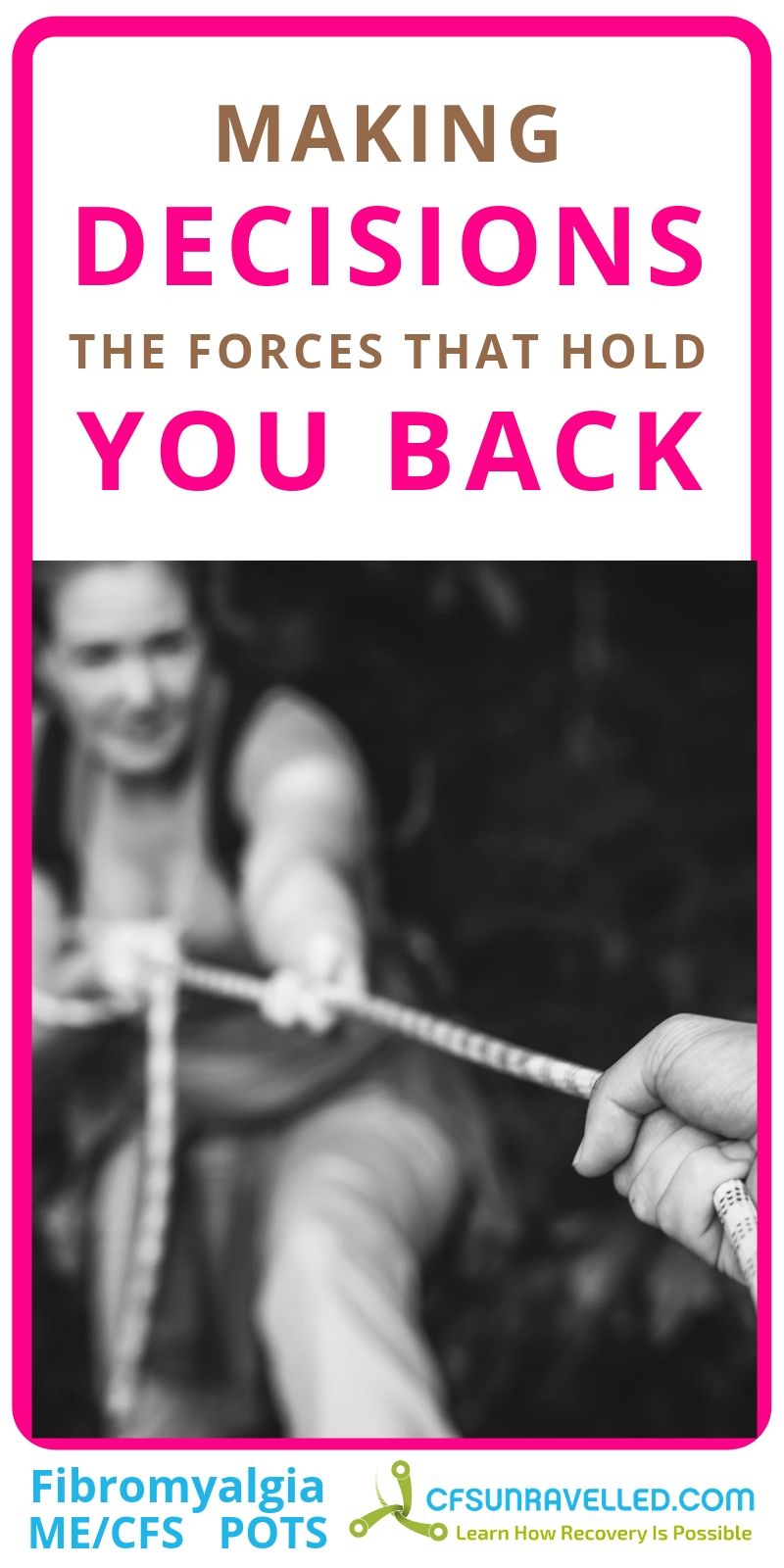
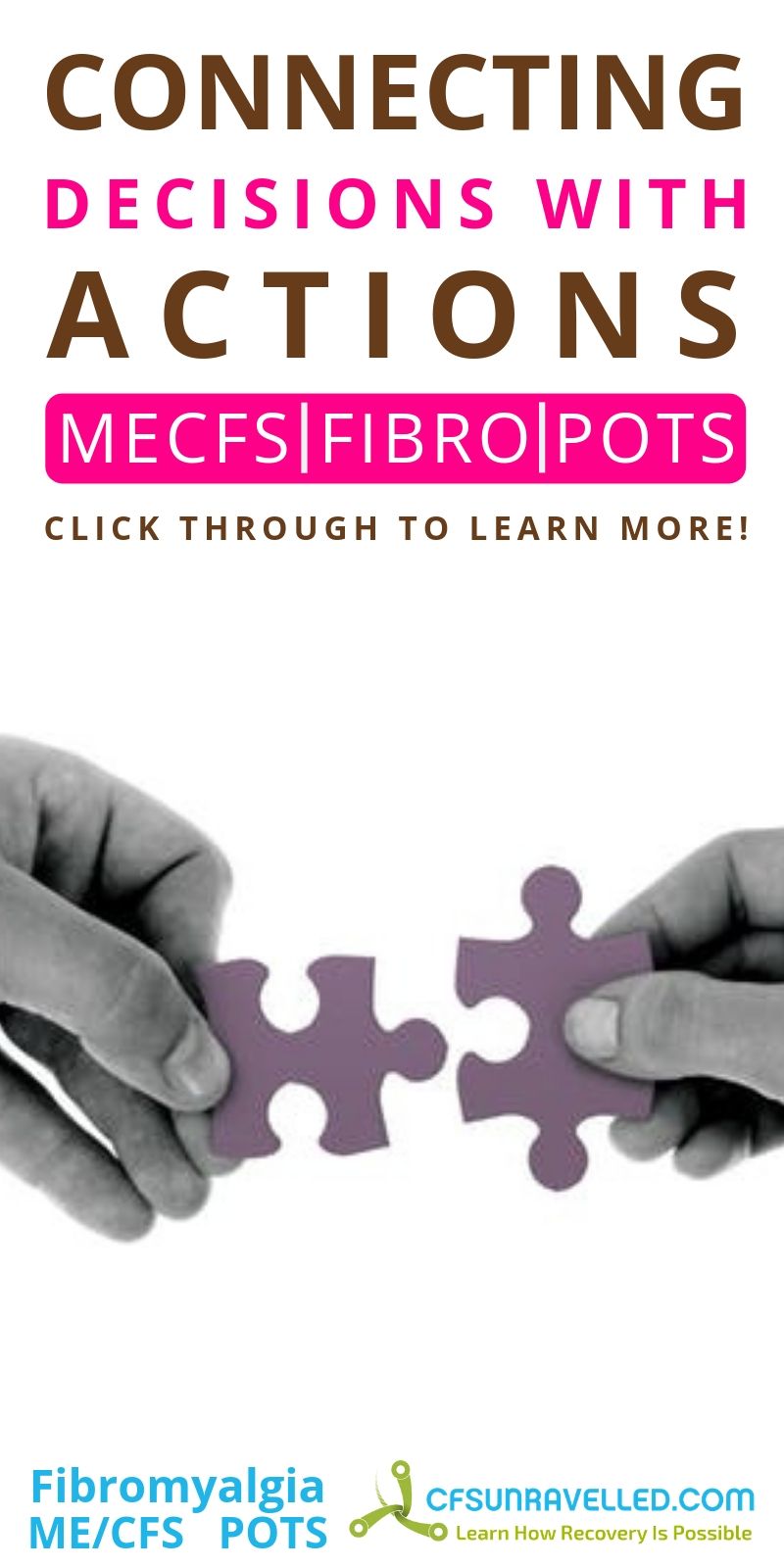
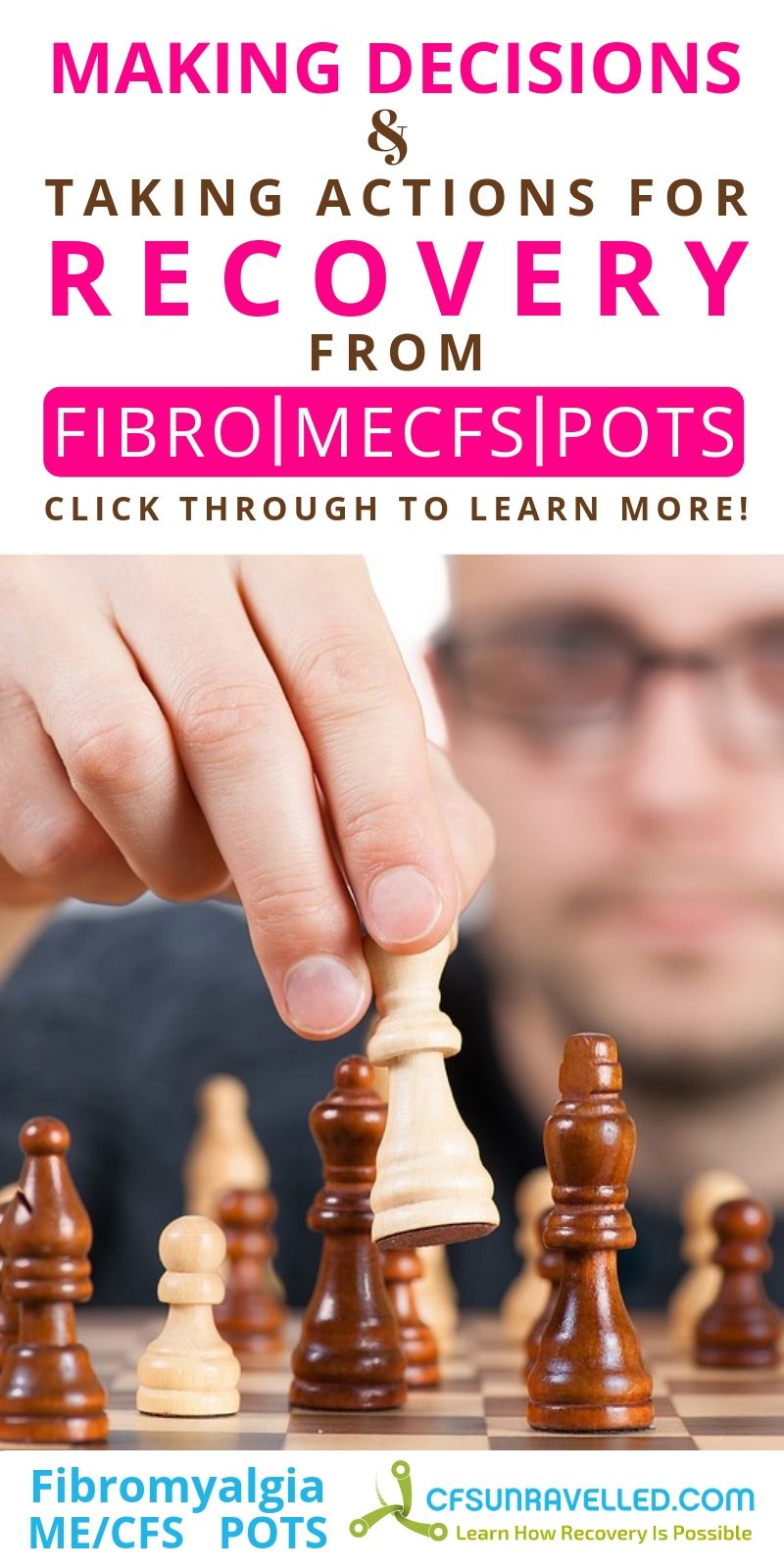

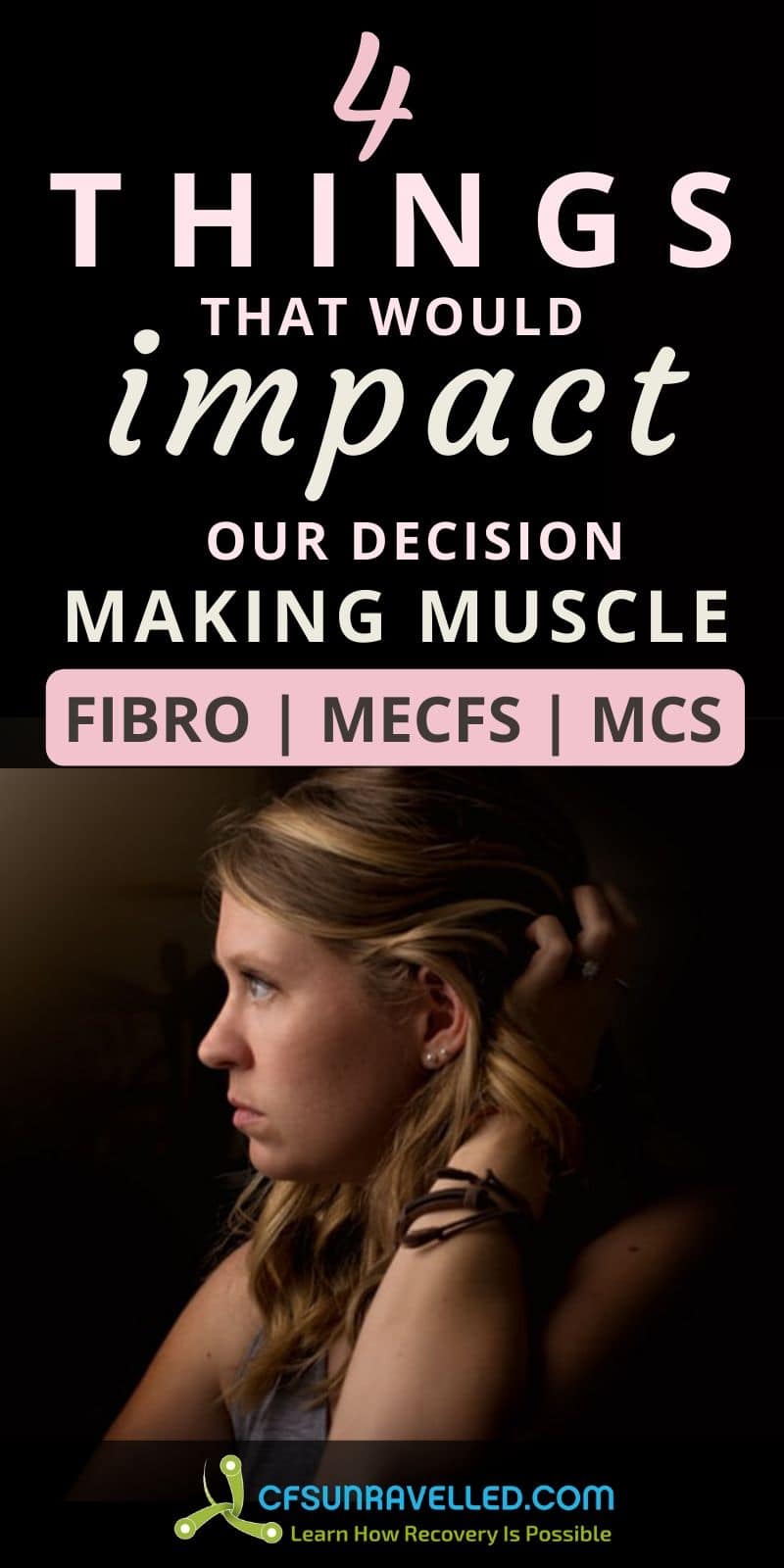

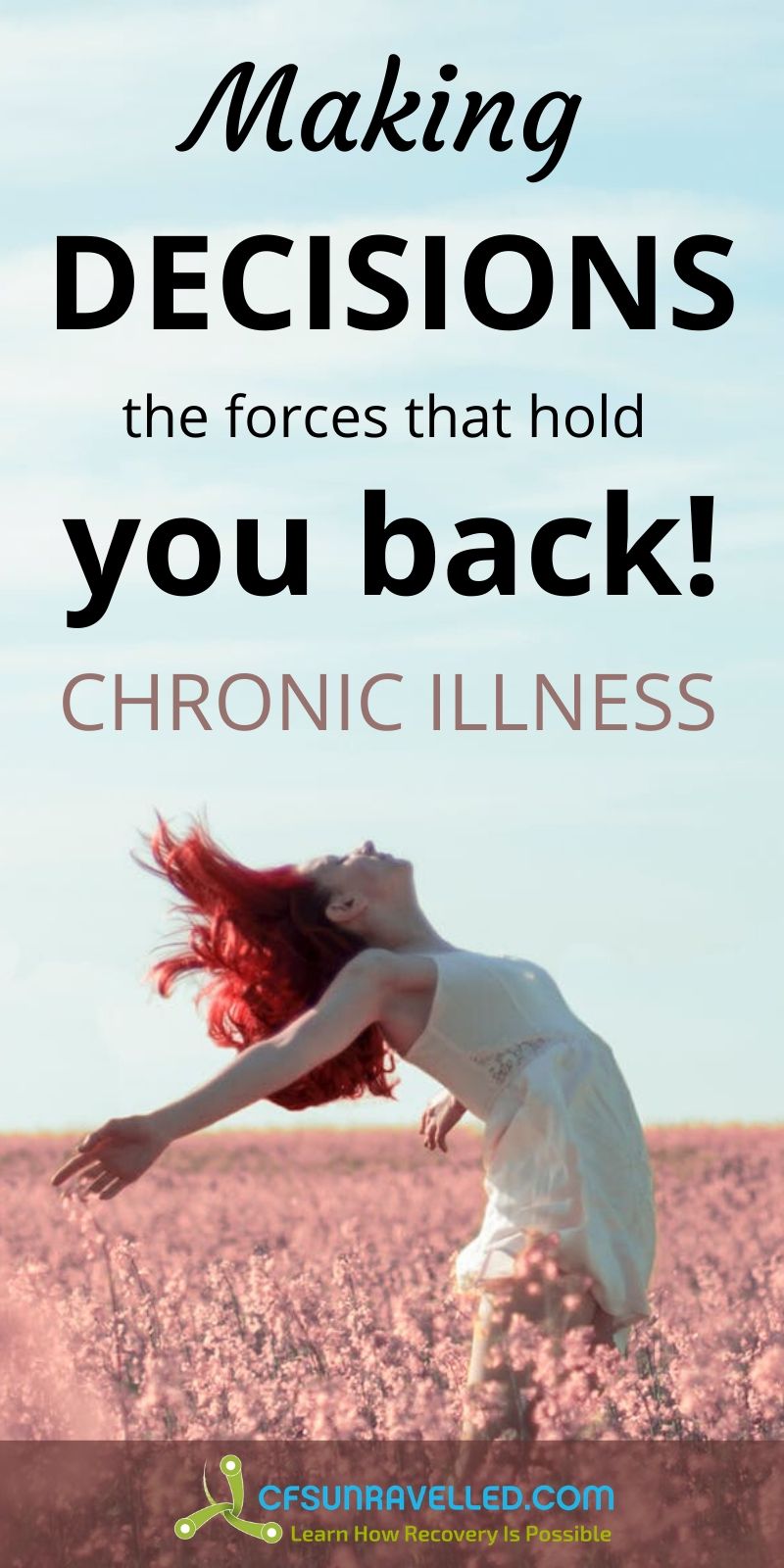
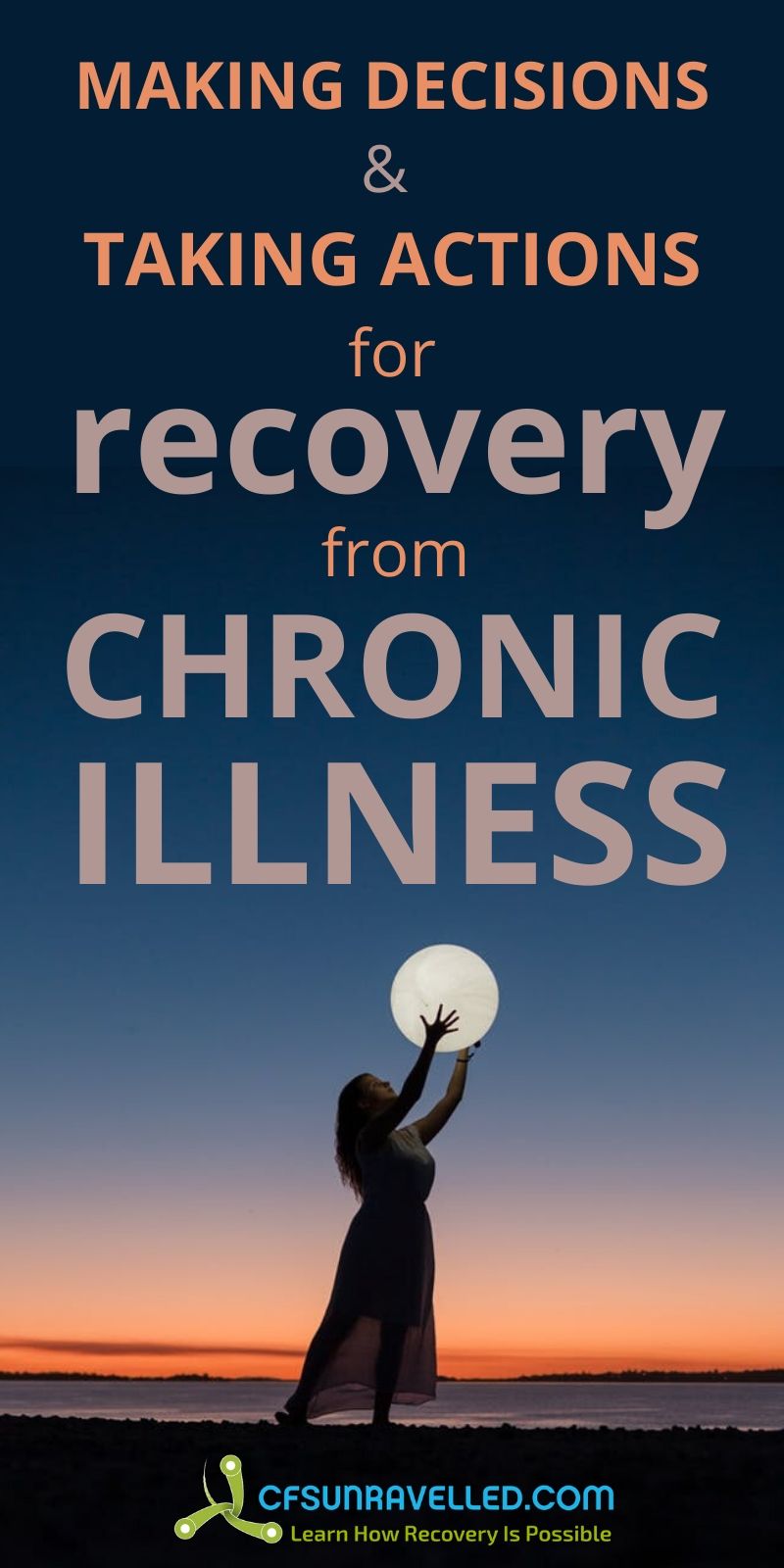
Recognizing each situation as unique seems to be critical to avoiding repetitive mistakes. Viewing present situations as identical or nearly identical to similar situations leads to error. To paraphrase Daniel Khanneman who won the Nobel Prize in behavioral economics, “Those who remember the past will make a lot of mistakes.”